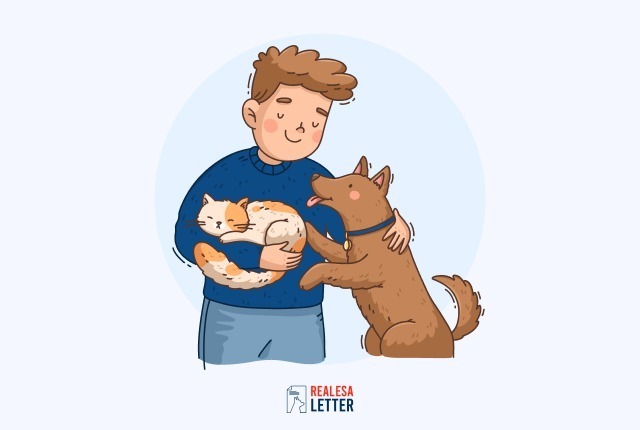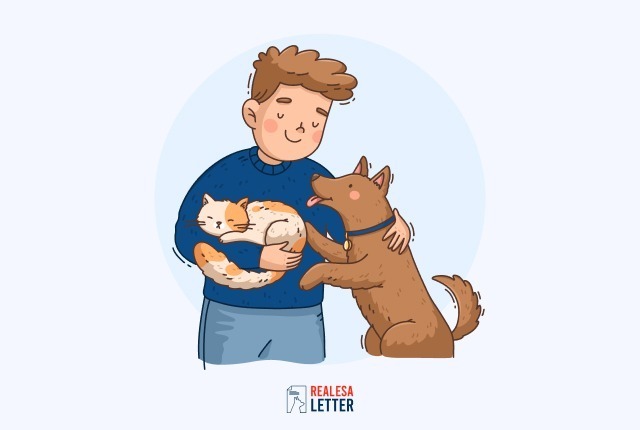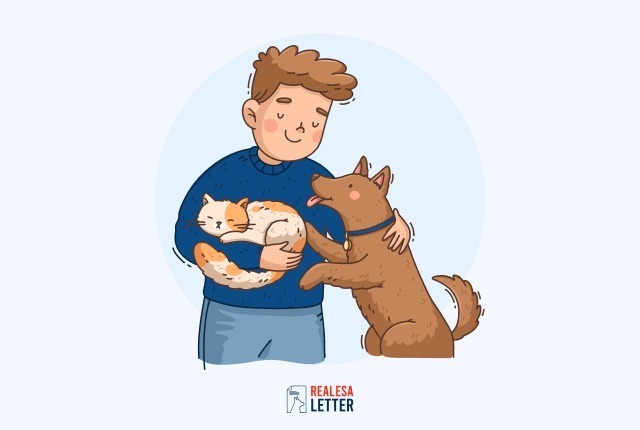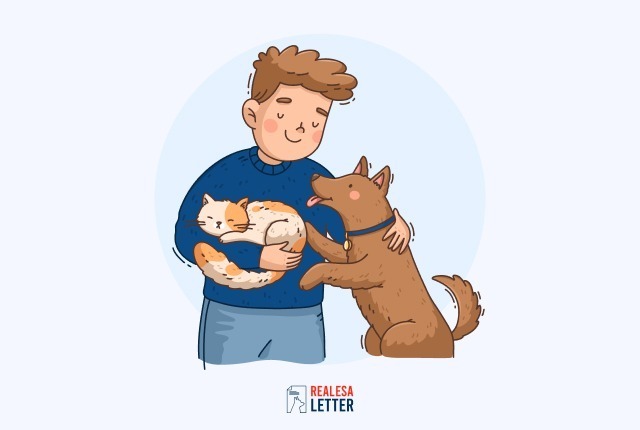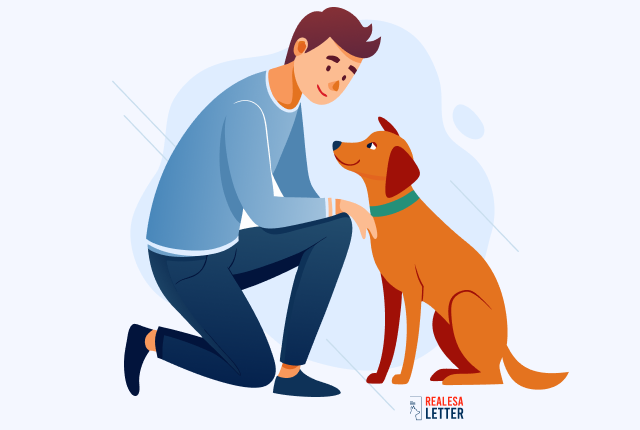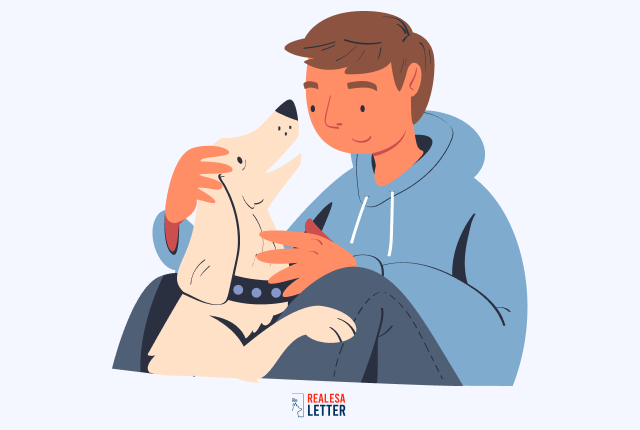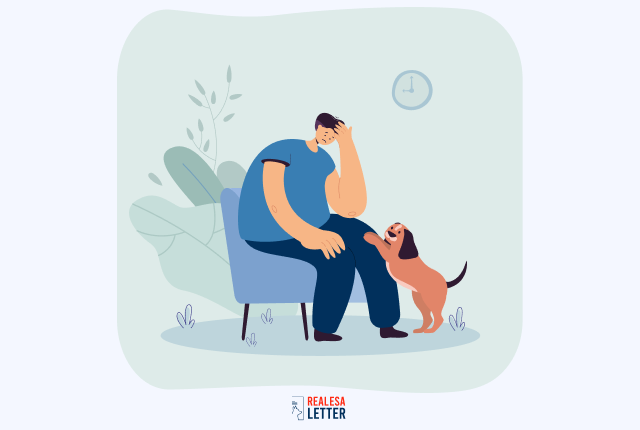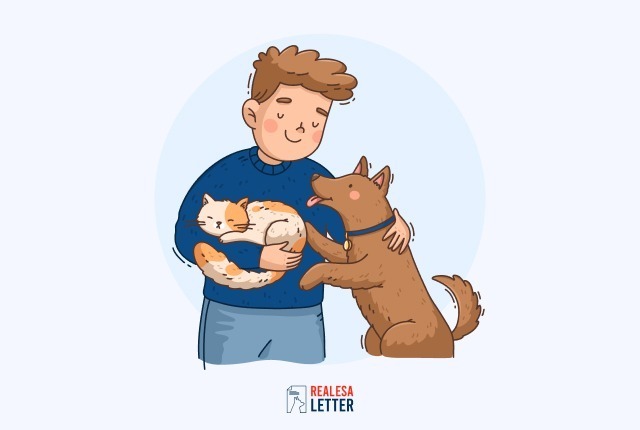Living with a disability can make everyday tasks overwhelming.
Service animals help bridge this gap by performing trained tasks that provide independence, mobility, and emotional stability. While most people think of service dogs, the Americans with Disabilities Act (ADA) also recognizes miniature horses as legitimate service animals under specific conditions.
Let’s explore everything you need to know about miniature horses as service animals.
Miniature Horses as Service Animals Under the ADA
When most people think of service animals, they picture highly trained dogs guiding or assisting their handlers. But under U.S. disability law, miniature horses also qualify in certain situations. These small but strong animals are recognized for their ability to perform disability-related tasks and provide mobility support. They also offer long-term assistance thanks to their extended lifespan.
To understand how miniature horses fit into the service animal category, it’s important to first look at what makes them unique as a breed. Next, we can review how the law defines a “service animal” and where miniature horses are included.
What is a Miniature Horse?
A miniature horse is a small equine typically measuring no more than 34 inches at the withers and weighing between 70–100 pounds. They are known for their intelligence, calm temperament, and long lifespan (25–35 years), making them suitable for long-term partnerships.
What is a Service Animal Under ADA?
Under the Americans with Disabilities Act (ADA), a service animal is defined as a dog individually trained to perform tasks directly related to a person’s disability. Beginning on March 15, 2011, the ADA limited its official definition of service animals to dogs.
However, the 2010 ADA regulations also created a special provision for miniature horses. While they are not part of the general definition, miniature horses may qualify as service animals if they are individually trained to perform disability-related tasks.
When evaluating whether a miniature horse can be accommodated, businesses and public entities must consider four assessment factors:
- The miniature horse is housebroken.
- The horse is under the handler’s control.
- The facility can safely accommodate the horse’s size and weight.
- The horse’s presence does not compromise legitimate safety requirements.
Under Titles II and Title III of the ADA, service animals, including qualifying mini-horses, must generally be allowed to accompany people with disabilities in all areas where the public is permitted.
What Tasks Can A Miniature Horse Perform
Miniature horses are especially helpful for people who need physical stability, mobility assistance, or guidance. Common tasks a miniature horse can perform include:
- Guiding individuals who are blind or visually impaired: Similar to a guide dog, a miniature horse can help its handler safely navigate obstacles and paths.
- Providing physical support and balance assistance: Their sturdy build allows them to assist individuals with mobility challenges, helping with balance while walking or standing.
- Retrieving or carrying items: Miniature horses can be trained to pick up dropped objects, open doors, or carry small loads.
- Alerting to medical conditions: Some are trained to respond to seizures, changes in blood sugar, or other medical needs.
- Guiding the home or workplace: They can help their handler move safely around familiar or new environments.
Why Choose a Miniature Horse Over a Service Dog?
Many people wonder: Why not just stick to dogs? Here are the key advantages.
- Longer lifespan: 25–35 years, compared to 8–12 years for most service dogs.
- Physical strength: Suitable for mobility support and balance assistance.
- Cultural or medical reasons: Some people avoid dogs due to allergies or religious considerations.
- Calm temperament: Mini-horse service animals are generally steady and less reactive in public spaces.
Miniature Horse vs Service Dog
Feature | Miniature Horse | Service Dog |
Lifespan | 25–35 years | 8–12 years |
Strength | High (mobility, balance) | Moderate |
Allergies | Hypoallergenic option | Dogs can trigger allergies |
Portability | Difficult in small spaces | Easy |
Public Acceptance | Less common | Widely accepted |
Legal & Regulatory Requirements for Miniature Horses as Service Animals
Understanding the legal framework is crucial before choosing a miniature horse as a service animal. While they are recognized under the ADA, their acceptance comes with additional conditions compared to service dogs.
Federal and state laws outline where miniature horses are allowed, how businesses should respond, and what responsibilities handlers must meet. Knowing these rules helps you avoid conflicts in public places, protect your rights, and ensure your service animal is treated fairly.
ADA Regulations & Assessment Factors
The ADA requires facilities to make reasonable modifications to accommodate service miniature horses unless doing so would fundamentally alter operations. Key factors include size, safety, and handler control.
Rights in public places, housing, and travel
- Public access: Restaurants, stores, hotels, schools, and government buildings must allow them unless size/safety is an issue.
- Housing: Protected under the Fair Housing Act (FHA). Landlords must accommodate service animals without extra fees.
- Travel: Airlines vary; some may restrict miniature horses due to space limitations. Always check the Department of Transportation (DOT) and airline policies before booking.
How to Train a Miniature Horse?
Preparing a miniature horse assistance animal to serve as a reliable service animal takes time, patience, and professional guidance. Unlike dogs, horses require specialized handling and consistent reinforcement to adapt to human environments.
A well-trained miniature horse service animal should master both obedience and task-specific skills. It must also remain calm in crowded public spaces, noisy settings, and unfamiliar environments.
Training goes hand in hand with proper care. Miniature horses need structured routines, safe shelter, and daily attention to health and grooming. When both training and care are prioritized, the result is a dependable service animal capable of supporting its handler for decades.
- Obedience training: Respond reliably to commands.
- Task training: Retrieving items, mobility assistance, guiding, alerting to sounds or medical conditions.
- Socialization: Exposure to public spaces, noise, and crowds.
- Handler control: The Horse must remain calm and manageable in all situations.
Timeframe & cost of training
Training a miniature horse can take 12–24 months. Costs range from $10,000–$30,000, depending on trainer expertise and tasks required.
Where & How to Acquire a Miniature Service Horse
Finding a service miniature horse is not as simple as buying a pet. Because these animals require specialized training, temperament, and care, the acquisition process should be done thoughtfully and through trusted channels.
Choosing the right provider ensures your horse is well-prepared for service tasks, meets ADA standards, and can adapt safely to your lifestyle.
It’s also important to consider the long-term partnership between handler and animal. A service horse is a commitment that can last 20–30 years, so the selection process must prioritize both the handler’s needs and the horse’s welfare.
While finding trusted providers, look for:
- Trainers with ADA-compliant experience
- Horses with proven temperament and health history
- References or reviews from past handlers
Ethical considerations
- Avoid mills or unverified sellers.
- Ensure humane care and appropriate housing.
Matching process
Providers often conduct an assessment of the handler’s needs to match the right horse.
Essential Steps to Ensure Service Horse Success and Legal Compliance
Owning a miniature service horse is a long-term commitment that requires more than just initial training. To maintain public access rights under the ADA and ensure your horse continues to perform effectively, you need to follow certain best practices.
These steps protect both the handler and the animal while reducing the risk of disputes with businesses, landlords, or transportation providers.
- Documentation: Unlike PSDs, which sometimes require a PSD letter, for a service miniature horse, no official certification or letter is legally required.
- Professional support: Trainers, veterinarians, and legal advisors.
- Ongoing reinforcement: Maintain training and public behavior standards.
Together, these practices help keep your service miniature horse compliant with ADA requirements. They also preserve your independence and give you peace of mind as a handler.
In conclusion, Miniature horses are a legally recognized alternative to service dogs under the ADA. They offer unique advantages like long lifespan and physical strength, but require careful training, significant care, and appropriate housing.
If you’re considering a miniature horse as a service animal, weigh the costs, benefits, and legal requirements carefully. With the right planning, they can provide years of reliable, life-changing support.
For individuals who may not require a service animal but still benefit from emotional support, obtaining proper documentation is an important step. Many people look for the best place to get emotional support animal letter so they can ensure their ESA documentation is legitimate and compliant with current guidelines.
One reliable option is realesaletter.com, which connects individuals with licensed mental health professionals who can evaluate their needs and provide legitimate ESA letters when appropriate. This helps ensure that people who benefit from emotional support animals receive proper documentation while staying aligned with legal and housing requirements.
Pricing
PSD Letter
Reviews
ESA By States
ESA Laws
Resources
